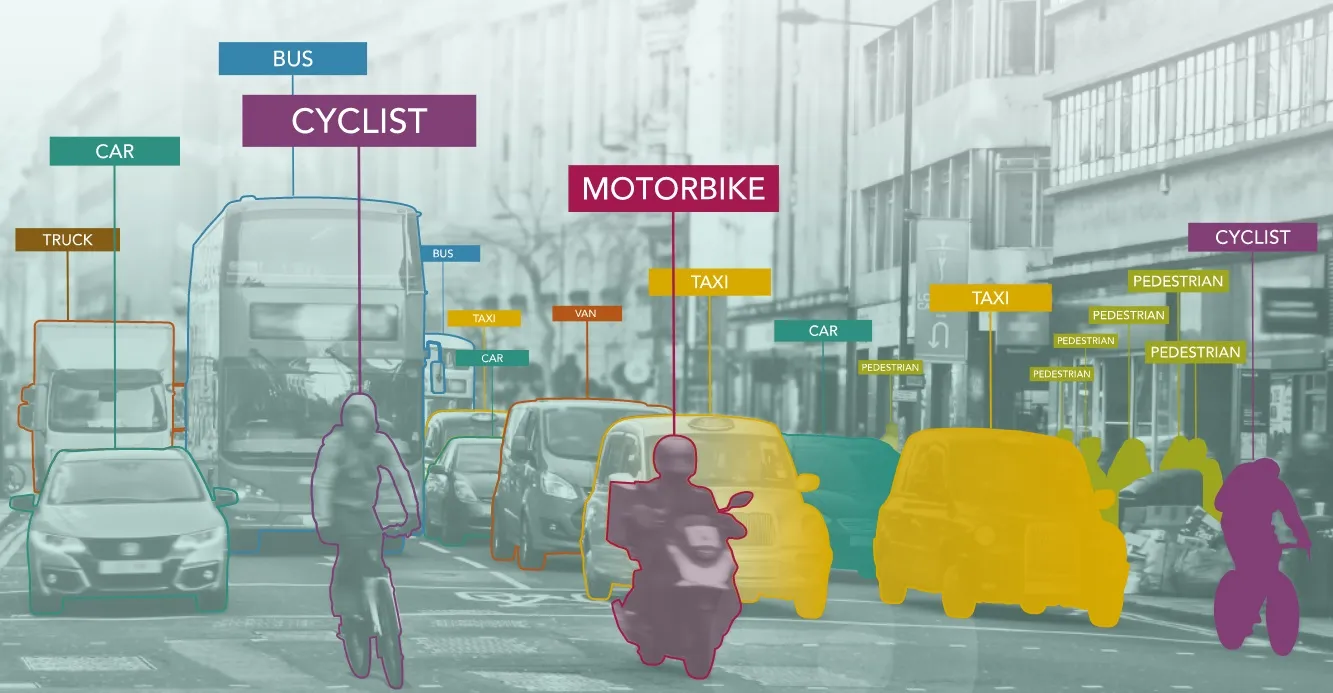UK bus operator Stagecoach is to deliver contactless bus travel on all of its regional bus services across the UK by the end of 2018, allowing passengers to pay for travel with a contactless credit or debit card, as well as Apple Pay and Android Pay.
It will be the first major deployment of contactless technology on Britain's buses outside London and will benefit customers from major urban areas to rural and island communities such as Norfolk in England, Orkney in Scotland and Brecon in Wales.
Stageco
October 25, 2016
Read time: 2 mins
UK bus operator 805 Stagecoach is to deliver contactless bus travel on all of its regional bus services across the UK by the end of 2018, allowing passengers to pay for travel with a contactless credit or debit card, as well as Apple Pay and Android Pay.
It will be the first major deployment of contactless technology on Britain's buses outside London and will benefit customers from major urban areas to rural and island communities such as Norfolk in England, Orkney in Scotland and Brecon in Wales.
Stagecoach has already launched the first stage of the major project with contactless now live on all of Stagecoach's 180 buses in Oxfordshire. The facility will be rolled out to Ashford in Kent and Tyne and Wear by the end of this year with Greater Manchester following in January 2017, covering a further 1,300 buses and benefitting hundreds of thousands of bus passengers. By the end of 2018, the state-of-the-art technology will be live on all of Stagecoach's 7,200 buses in England, Scotland and Wales - equivalent to nearly one in four buses outside London.
The move comes just weeks after Stagecoach launched a new smartphone app providing customers with simple journey planning, next-stop information and live bus tracking. Mobile phone ticketing is being rolled out across the UK over the next three months, with the facility already live in Greater Manchester.
Stagecoach is also working with other major bus operators - First Bus, Go-Ahead, Arriva and National Express - on a major project to have EMV contactless technology installed on every one of the UK’s 32,000-plus buses outside London.
Major operators have already completed the introduction of smart multi-operator bus ticketing in all nine of England's smart city regions with support from local transport authorities. It is making public transport more accessible in regions which account for around 15 million people - over a quarter of England's population. A similar project is now underway to deliver the same benefits to Scotland’s major cities.
It will be the first major deployment of contactless technology on Britain's buses outside London and will benefit customers from major urban areas to rural and island communities such as Norfolk in England, Orkney in Scotland and Brecon in Wales.
Stagecoach has already launched the first stage of the major project with contactless now live on all of Stagecoach's 180 buses in Oxfordshire. The facility will be rolled out to Ashford in Kent and Tyne and Wear by the end of this year with Greater Manchester following in January 2017, covering a further 1,300 buses and benefitting hundreds of thousands of bus passengers. By the end of 2018, the state-of-the-art technology will be live on all of Stagecoach's 7,200 buses in England, Scotland and Wales - equivalent to nearly one in four buses outside London.
The move comes just weeks after Stagecoach launched a new smartphone app providing customers with simple journey planning, next-stop information and live bus tracking. Mobile phone ticketing is being rolled out across the UK over the next three months, with the facility already live in Greater Manchester.
Stagecoach is also working with other major bus operators - First Bus, Go-Ahead, Arriva and National Express - on a major project to have EMV contactless technology installed on every one of the UK’s 32,000-plus buses outside London.
Major operators have already completed the introduction of smart multi-operator bus ticketing in all nine of England's smart city regions with support from local transport authorities. It is making public transport more accessible in regions which account for around 15 million people - over a quarter of England's population. A similar project is now underway to deliver the same benefits to Scotland’s major cities.








